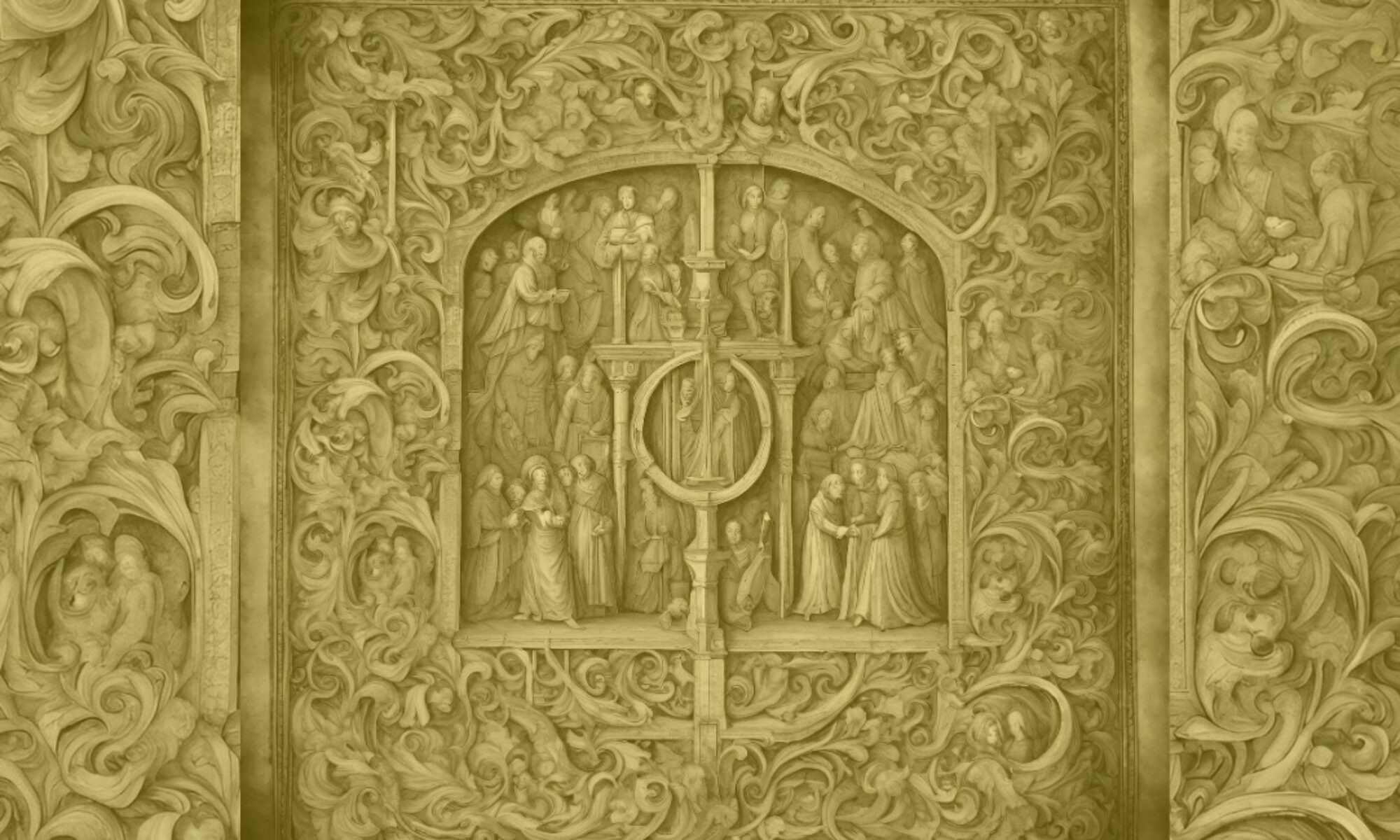A celebration of community connections
2023 marks the fifth anniversary of the Fates and Grace Mythologium. This year will also be our first in-person gathering since 2019. And for the first time ever, the event will be held on the Lambert Campus of Pacifica Graduate Institute, with a streaming option for online attendees. These reasons alone are enough to guarantee that the Mythologium 2023 experience will be different than other years.
But that’s not all! More fun changes are in the works as well.
For one thing, we can only stream the myth feed from one location on campus, which means we’ll only have one track this year. We’ll all be together, for all the presentations, online or in-person.
What’s more, the community of mythologists submitted more proposals for presentations this year than any other year yet.
So how can we have a conference with more presentations but fewer time slots for panels? By designing an experience around community connections and celebration. Here’s the plan.
Introducing… MythFlix!
At the 2023 Mythologium:
- Each presenter will make a video recording of their 20-minute presentation ahead of time.
- We will post the presentations a week before the Mythologium, in a video collection we’re calling MythFlix, so that all registered attendees have time to preview the presentations.
- Then, at the Mythologium itself, July 28-30, each panel will have a 30-minute spotlight session. Each presenter will give us a 5-minute summary of their video, then we’ll have 15 minutes for the panel’s Yes-And discussion. Panels with online presenters will be projected onto the big screen for the in-person audience.
- We will not record the live Mythologium, but all registered attendees will have access to the 2023 MythFlix video catalog before and after the conference.
More mythic merriment in person
The in-person 2023 Mythologium experience will also include a happy hour on Saturday night, long lunch breaks to facilitate conversations, and a vocation fair with walk-up marketing consultations and a photographer to take headshots for attendees.
We are also offering an optional workshop the day before the Mythologium called Your Soul’s Resume. The workshop will be in-person on Lambert campus on Thursday, July 27. Plan on a full day to deep-dive into creating or updating your Soul’s Resume. We won’t stream or record the workshop, so only register if you can attend live!
We can’t wait to connect and celebrate with you and the community!










